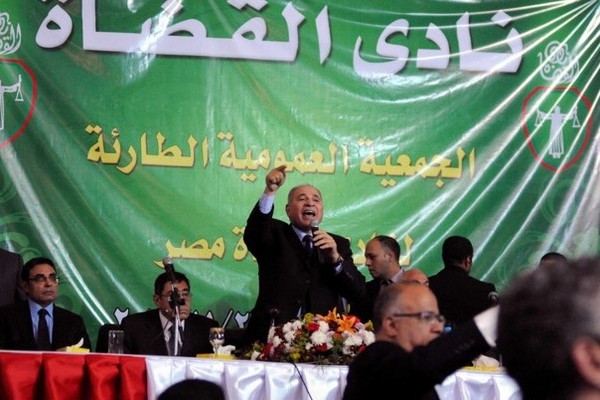The conflict between France and Germany is not new. The enmity between the two neighbours has become entrenched in the hearts of their peoples since the Franco-Prussian War of 1870-1871.
This conflict took military, economic, and even social forms, and continued during the first and second world wars. However, with the establishment of the EU and the unification of the European currency, it subdued.
The two countries are considered a cornerstone of the EU, as they have the two largest economies on the continent.
However, when the Russian-Ukrainian War started, rifts between the two nations reignited on issues such as energy, defence, and the economy. The Russian gas outage and its economic impact is especially at the forefront of the rift.
This crisis showed the fragility of European economies, as Europe faces a deepening energy crisis as it prepares for a cold winter. Moreover, the crisis sparked debate about the EU itself if it fails to secure the needs of its people.
Since the beginning of the crisis, the European role has been influenced by three forces. The first is the UK, which just left the EU and is one of the most vocal in attacking Russia over its war in Ukraine and supported the escalation with Moscow. This is because it realises that it will not be severely harmed by any sanctions on Russia and that the EU countries will be alone in facing the wrath of the Russian bear… and this has already happened!
The second is the EU duo, as Germany preferred to try to find an in-between solution while France preferred to play the role of a neutral mediator for Russia.
The third is the US, which pressured both Paris and Berlin, given they are the two poles of the EU. It is no longer a secret the magnitude of the crisis that the two countries are going through and its repercussions, which threatens not only the EU as an economic and political entity but the internal conditions of both of them.
Now, any meeting between the governments of Germany and France has become fruitless and of no particular importance, and has become primarily symbolic.
The postponement of the European Summit this year to the beginning of 2023 removes any doubt about the existence of deep differences between Paris and Berlin. This may be the beginning of the disintegration of the EU and a return to building individual relations for European countries with the countries of the world, undermining the idea that the strong bloc is a strong negotiator at all levels.
Berlin recently approved an aid package worth €200bn to counter the rise in gas and electricity prices. This was done without notifying Paris, angering it, as it might distort and affect competition in the market.
Moreover, Germany signed on the side-lines of the recent NATO conference with 14 other European countries, excluding France, a joint air defence project called the ‘Sky Shield Initiative.’ This was done despite France working with Italy to develop an anti-missile umbrella project called ‘Mamba.’
More than that, Macron said that it is not good for Germany or Europe that Germany isolate itself and that he is waiting for Germany to integrate more with the EU.
The rift between Germany and France is likely to escalate. This is especially in light of the criticism of countries with limited political and economic weight such as Poland and the Baltic states after they questioned the leadership of France and Germany within the EU.
The survival of geopolitical Europe, which was built on the ruins of WWII, has come into question due to the crises it is experiencing, the extent or repercussions of which may not be clear in the foreseeable future.
Therefore, we ask, was Russian President Vladimir Putin’s vision of the Ukrainian war centred on “Either Russia and Europe getting out of it together, or Russia and a non-unified Europe?”
Dr Hatem Sadek is a Professor at Helwan University

